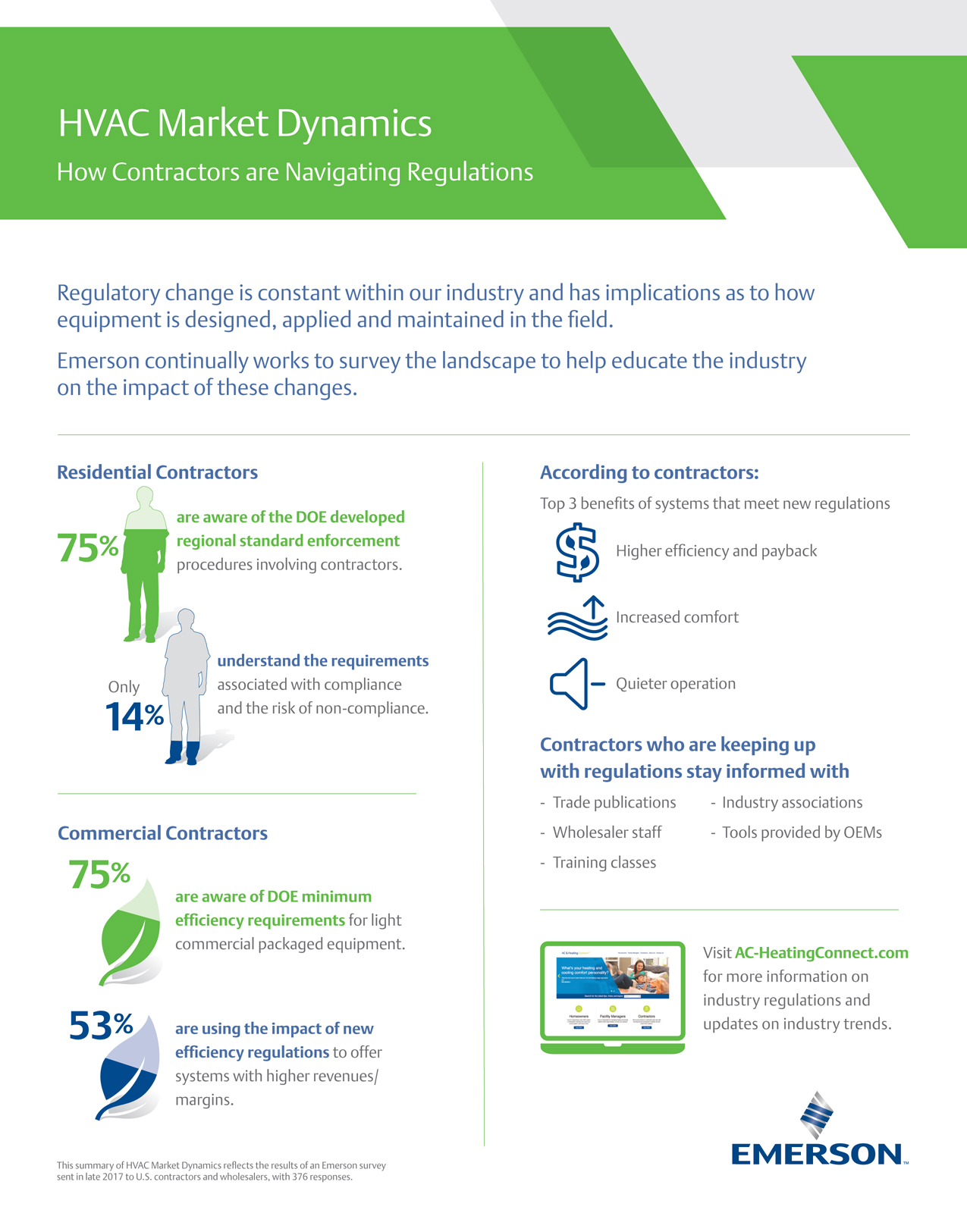Heatpump Vs Heater - Which Is The Better Home Heating Option For Your Home?
Heatpump Vs Heater - Which Is The Better Home Heating Option For Your Home?
Blog Article
Composed By-Hjelm Niebuhr
Many property owners recognize with heaters, which warm homes with oil or natural gas and press hot air via ductwork. They are relatively low-cost and can give reliable home heating even during a wintertime power blackout.
Nonetheless, https://www.prnewswire.com/news-releases/nearu-hvac-services-announces-formation-and-completion-of-inaugural-acquisition-company-poised-for-significant-growth-300998213.html utilize nonrenewable fuel sources and produce carbon monoxide and various other air pollution. They additionally aren't as energy-efficient as a high-efficiency heat pump.
Price
Generally, heatpump are much more inexpensive to operate than heaters. They generally utilize electricity and cooling agent to essence warmth from outdoor air, and after that transfer it right into your home. You can benefit from less expensive electrical power prices throughout off-peak hours to further reduce your home heating costs.
Unlike heat pumps, gas or wood-burning heating systems utilize burning to generate warm, producing flue gases into the ambience that can be damaging to your health. These furnaces are additionally less energy-efficient than heatpump, and their higher operating expense can accumulate over time.
Heating systems are a lot more complicated than heat pumps and call for regular upkeep to make sure the appropriate feature of all components. Despite this, they often tend to last longer than heat pumps with a typical life expectancy of 20 years or more. Nevertheless, you'll require to factor in the expense of gas, gas oil or wood and the added tools required for installment and operation such as ducts and air flow systems.
Power Performance
Heatpump have a greater power performance rating than heaters. These systems use electrical power to feed on heat from the air, also in freezing temperatures. They can additionally remove excess warmth from the home throughout warmer months and recycle it to cool down the system. Service provider experts can aid you determine the most effective model for your home on climate and source energy expenses.
Heaters burn fuel oil, lp, gas or various other sorts of nonrenewable fuel source to warm the air in the home. This air is then dispersed via ductwork using a large follower. Furnaces generate greenhouse gases and call for routine maintenance and equipment upgrades to guarantee secure operation.
The biggest benefit of a heater is that it can be operated even in rough winter season problems because it does not rely on outdoor temperature levels to heat the air. Heaters also have a longer life expectancy than heat pumps and generally last 15 years. They can likewise be coupled with dual fuel options, which select the most efficient heating alternative based upon the weather condition.
Climate
Heat pumps work well in moderate environments and make use of less source power than heaters. However, if your area is remarkably cool, you might require to purchase a common gas heater rather.
Heating systems give warm, cozy warmth and generally supply rapid home heating to increase interior temperatures. These systems can be made use of with a range of gas kinds, consisting of natural gas, propane, oil or power.
They take in extra energy than heatpump-- approximately 3x as much-- and call for ductwork that's expensive to mount or retrofit. They're likewise more pricey to maintain, as they can create air high quality issues and produce greenhouse gas discharges.
If you're dedicated to lowering your carbon impact, a heat pump is a great option for your home. They have fewer greenhouse gas emissions than heating systems, particularly if you pick an ENERGY STAR ® heatpump. Your regional Service provider expert can explain the distinctions in between these 2 heating systems and aid you make the most effective decision for your special requirements.
Highly recommended Website can be really energy reliable when powered by gas, lp or oil, yet they aren't as power reliable as heatpump in frigid environments. They can likewise be a lot more costly to mount, needing gas lines and ventilation systems.
Nonetheless, furnaces have a tendency to require less upkeep, which can result in reduced recurring expenses. They produce fewer greenhouse gases and are a lot more trustworthy than heatpump during extreme climate.
Electric heat pumps are a lot more versatile in producing interior comfort due to the fact that they can also act as a/c unit throughout warmer months. They can be more convenient to preserve, requiring only regular air filter changes and occasional vacuuming.
If you prefer the ease of a solitary system that does it all, take into consideration a hybrid home heating option that sets a furnace with an electric heat pump. These systems can automatically switch in between both home heating choices based upon your home's demands and temperature conditions, making best use of performance and financial savings.